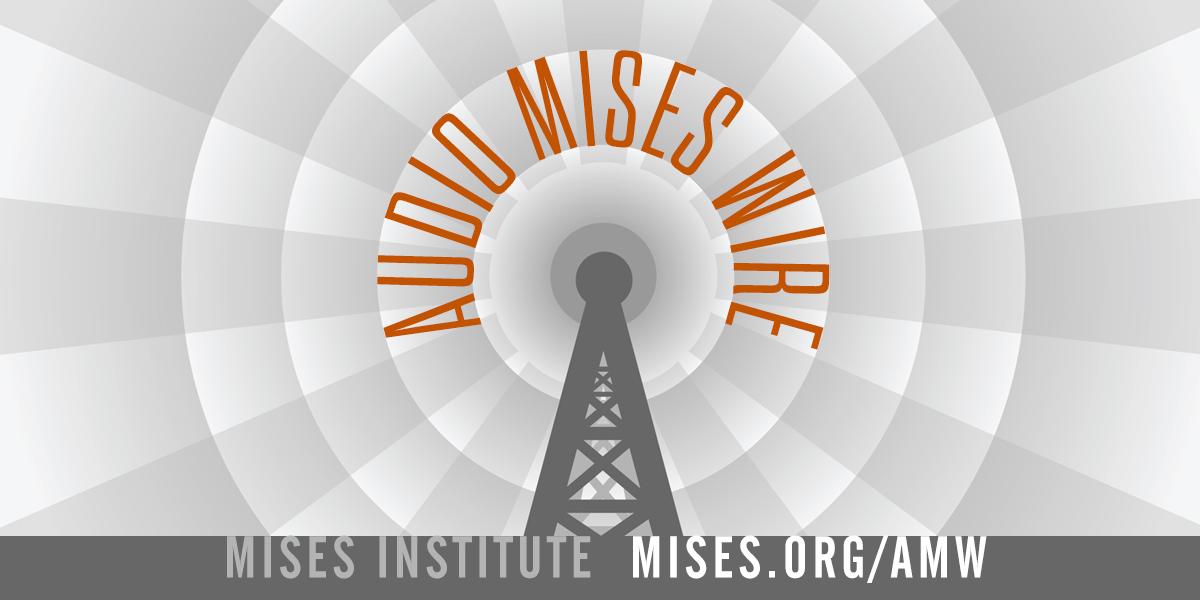How Bankers Outsmarted the Politicians
In “How the Bankers Outfoxed the Politicians,” the intricate dynamics between the financial sector and political powers are explored, shedding light on how bankers maintain a disproportionate influence over policymaking. The narrative begins with an analysis of the Global Financial Crisis of 2008, which served as a pivotal moment that reshaped the relationship between banks and governments. Despite the monumental failures that precipitated the crisis, bankers managed to escape severe repercussions, largely due to the vast resources and lobbying power they wielded. In contrast, politicians, who were ostensibly in charge of regulatory frameworks, often found themselves outmaneuvered, suggesting a systemic imbalance favoring financial institutions.
As the political landscape reacted to the crisis, new regulations were proposed to safeguard economies from future collapses. However, the power of bankers became evident as they adeptly lobbied against many of these measures. Through sophisticated public relations strategies, they framed regulations as harmful to economic growth and employment, thereby swaying public opinion and, subsequently, political action. The narrative details specific instances where bankers utilized their deep connections and strategic communication to dilute or derail regulatory efforts. This not only highlighted their clout but also raised questions about the accountability of politicians who seemed to cater to the interests of the financial sector over the needs of their constituents.
The stranglehold of bankers over the political sphere was further solidified through the concept of “regulatory capture.” This phenomenon occurs when regulatory agencies, which are supposed to oversee financial institutions, become enmeshed with the interests they are meant to regulate. The book illustrates how this has led to a revolving door between banking roles and government positions, creating an environment ripe for compromises that favor financial institutions. Prominent case studies of key individuals moving between these worlds underscore the risks of conflicts of interest and the erosion of rigorous oversight, suggesting that the balance of power has tipped far towards the banking sector.
In addition to lobbying and regulatory capture, the narrative explores the broader cultural and ideological influences that bankers exert on politics. Through philanthropy, think tanks, and academic funding, banks have strategically invested in shaping narratives that align with their interests. This multi-faceted approach enables them to cultivate a favorable environment, where policies that benefit large financial institutions are portrayed as necessary for economic stability and innovation. Consequently, politicians often find themselves adopting these narratives, further entrenching the power of banking elites while undermining grassroots movements advocating for reform and accountability.
Moreover, the book emphasizes the profound implications of this bank-political dynamic on society. The persistent prioritization of financial interests over public welfare contributes to growing economic inequality and disenfranchisement among ordinary citizens. As bankers continue to manipulate political structures to their advantage, many individuals struggle with the repercussions of policies that serve corporate interests rather than their needs. This has led to increasing public disillusionment with political systems and a call for reforms aimed at restoring the principles of democratic governance and accountability.
Ultimately, “How the Bankers Outfoxed the Politicians” serves as a cautionary tale about the intersection of finance and politics. It compels readers to reflect on the ramifications of unchecked banking influence and the urgent need for a rebalancing of power to ensure that politicians prioritize the welfare of their constituents over the demands of financial elites. The narrative advocates for systemic reforms that promote transparency and hold banks accountable, urging a renewed commitment to protecting the public interest in the face of powerful financial lobbying. As it navigates the complexities of this relationship, the text provides a timely examination of the persistent struggles for economic justice and political integrity in an increasingly interconnected world.
Share this content:












Post Comment